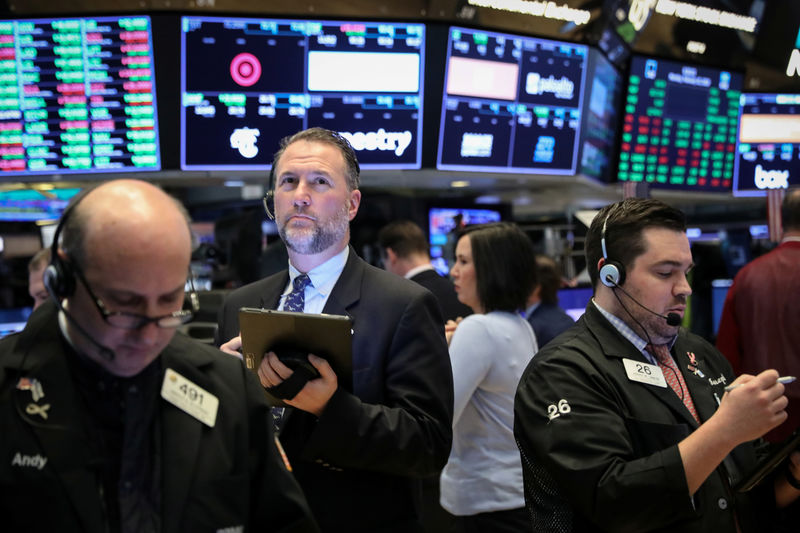Street Calls of the Week
Investing.com -- Uncertainty around U.S. trade policy and its market impact is expected to linger “until at least mid-summer,” according to Wells Fargo (NYSE:WFC) analysts, who warn that investors may be underestimating the complexity and duration of tariff developments following the so-called Liberation Day on April 2.
“Some investors suggest Liberation Day will be the bottom. We think it’s possible, but uncertainty is not going away in a few days,” analysts led by Christopher P. Harvey said in a note.
Analysts believe investors should brace for extended policy risk and consider defensive positioning such as low-volatility allocations.
Liberation Day refers to April 2, 2025, the date President Donald Trump designated for implementing new tariffs aimed at reducing U.S. reliance on foreign goods.
The U.S. is preparing to implement or expand a range of tariffs, with Wells Fargo identifying four key categories: goods from Canada and Mexico under the USMCA, European imports, sector-specific measures, and reciprocal tariffs.
An announcement of a 25% tariff on all EU goods is anticipated, alongside potential follow-ups that may take time to implement. The firm estimates that the changes could increase the share of U.S. imports subject to tariffs from 32% to 63%, raising projected annual tariff revenue to about $550 billion.
The analysts caution that aggressive tariff actions carry economic risks. “If we do have a tariff-driven stock market dislocation, we would expect that to spill over to the economy—and to the negotiating table,” they write, warning that this could prolong the malaise rather than expedite resolutions.
The threat to domestic employment is another concern, as U.S. companies facing pressure may opt to cut jobs.
Defensive equity sectors like Staples, Health Care, and Utilities have significantly outperformed the broader S&P 500 in the first quarter. A sector barbell strategy, combining Banks, Communications Services, and Staples, has also delivered relative gains this year.
Despite the cautious tone, Wells Fargo remains constructive on equities in the longer term, pointing to the potential for Fed rate cuts, possible tax legislation progress, and oversold conditions in large-cap tech stocks.
Still, the investment bank stresses that “investors and investors’ portfolios need to get comfortable with uncertainty,” given the likely drawn-out policy timeline and the number of stakeholders involved.
